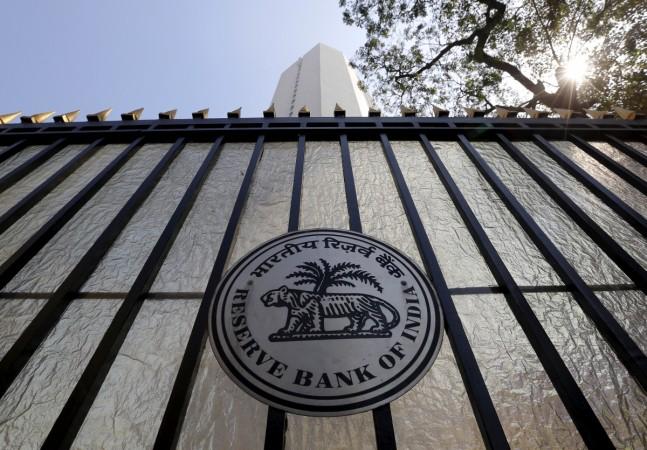
Indian commercial banks, especially the state-run ones, were saddled with bad loans and were facing a situation similar to that of a patient in the intensive care unit (ICU) of a hospital, and a surgery was inevitable, according to a senior Reserve Bank of India (RBI) official.
"When a patient is in ICU, medication is not an option. You have to do a surgery," SS Mundra, deputy governor of RBI, told the Hindu in an interview.
The need for surgery, meaning drastic action involving restructuring or writing down loans, was first mentioned by RBI Governor Raghuram Rajan in February this year.
"But to do deep surgery such as restructuring or writing down loans, the bank has to recognise it has a problem, classify the asset as a non-performing asset," he had been quoted by the Indian Express as saying at an event in Mumbai.
The asset quality review initiated by the RBI, which has resulted in banks providing large sums for bad loans, has been a positive one, Mundra said in the interview.
"We say a surgery is successful, in medical parlance, when the patient survives. No patient has died, so in that sense the surgery is successful."
He also said banks need to "change their lifestyle" to avoid a recurrence of the situation, which, according to him, meant "better risk management, avoiding concentration of risk and increasing diligence."
Meanwhile, in its annual report, the finance ministry has warned that a sluggish economy could push gross non-performing assets (GNPAs) of banks to 6.9 percent of total advances by March 2017 from 5.1 percent in September 2015, according to another Indian Express report.
A response to an RTI query revealed that 29 state-run banks wrote off Rs. 1.14 lakh crore between financial years 2013 and 2015, more than the entities had done in the preceding nine years.
















